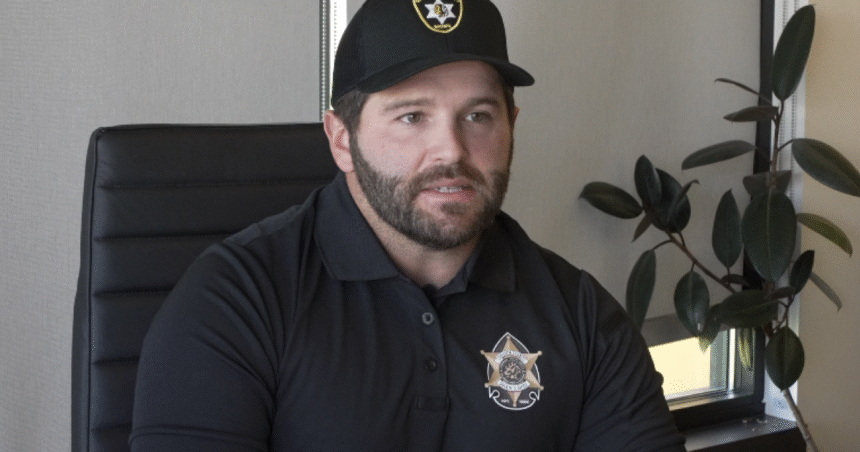In Bozeman, residents are increasingly encountering a surge in scam calls, prompting warnings from local authorities. A casual stroll through Peets’ Hill revealed that many community members are frequent targets of these deceitful communications. One couple, Nick and Cari, shared their alarming experience involving a call claiming that their son had been arrested for DUI, demanding immediate payment to resolve the alleged situation. The couple quickly recognized the red flags, noting that the call originated from New York City while their son vacationed in Hawaii.
This deceptive technique is typical among scammers, who often create scenarios designed to provoke urgency and fear. Gary, another local resident, discussed his strategy for avoiding such calls by only answering phone numbers stored in his contacts. Despite his precautions, the calls persist — even during the interview, Nick and Cari received another scam call.
Concerns over the prevalence of these scams prompted inquiries at the Gallatin County Sheriff’s Office, where Patrolman Derrick Pawlikowski reported seeing between six to twelve fraud calls each day during shifts. One notable scam involves impersonators posing as law enforcement officers, who demand immediate payments through cryptocurrency, particularly Bitcoin. Victims are often instructed to withdraw cash and use Bitcoin machines located at convenience stores, which can lead to significant financial losses — with roughly half of the victims not recovering their funds.
Pawlikowski emphasized that legitimate law enforcement never requests money over the phone and certainly would not utilize cryptocurrency for financial transactions. He identified several telltale signs of a scam call, including pressure to act swiftly and offers that sound too good to ignore. He urges anyone who suspects they may be a victim of a scam to contact the Sheriff’s Office non-emergency number for assistance.
As scam calls continue to plague the community, awareness and skepticism remain crucial for residents aiming to protect themselves from financial fraud.






